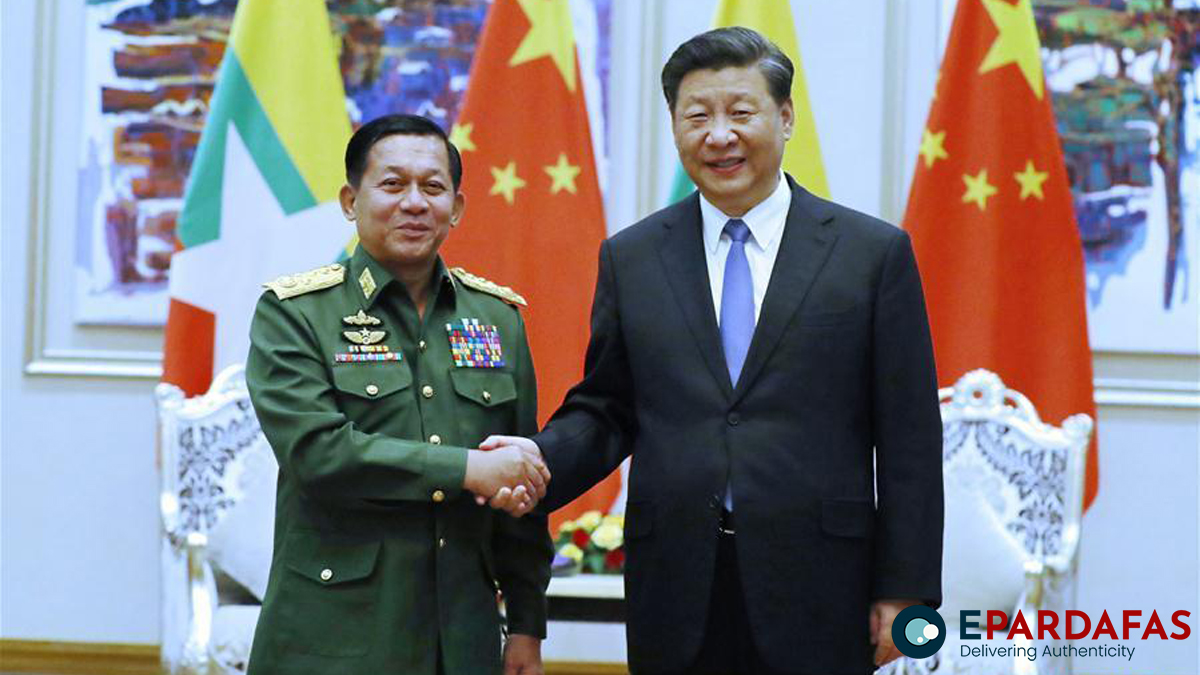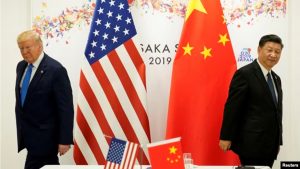
Chinese Nationals Trafficked to Scam Hubs on Thai-Myanmar Border: Beijing Faces Strategic and Security Dilemma

Reports of Chinese nationals being trafficked into scam syndicates along the Thai-Myanmar border have raised fresh concerns about Beijing’s reliance on Myanmar’s military regime to combat transnational crime. Analysts warn that China’s approach leaves its citizens vulnerable and risks strengthening criminal networks in Myanmar’s conflict-ridden territories.
Recent abduction cases, including the luring of Chinese actor Wang Xing to Myawaddy by scammers posing as film producers, have ignited public outrage. Chinese embassies in Myanmar and Thailand have issued warnings about fraudulent job offers promising high wages but often leading to forced labor.
Thai authorities reported that Wang Xing was trafficked into a scam operation in areas controlled by the Karen Border Guard Force (BGF), a militia allied with Myanmar’s military. While the BGF handed Wang over to Thai officials, Brigadier General Saw Maung Win denied involvement in the trafficking and claimed their role was limited to assisting in the rescue.
China has been cautious in addressing such incidents, often pressuring Thailand for cooperation rather than directly engaging Myanmar. Chinese Foreign Minister Wang Yi recently urged Southeast Asian nations to act decisively against online gambling and telecom fraud, citing the dangers these crimes pose to Chinese citizens, particularly near the Thai-Myanmar border.
China’s Ministry of Public Security announced ongoing efforts to dismantle scam networks, arrest suspects, and rescue victims. In a joint operation with Thai authorities, 12 suspects have been apprehended, with investigations continuing.
Analysts criticize China’s reliance on Myanmar’s military, arguing that it comes at a cost to Chinese citizens while enabling criminal syndicates. Jason Tower of the United States Institute of Peace highlighted the limitations of Myanmar’s military in tackling scam operations, which are often protected by militia leaders like Saw Chit Thu of the BGF. Saw has been sanctioned by the U.S., U.K., and EU for his role in shielding Chinese criminal gangs.
China’s crackdown on scams near its northern border with Myanmar has pushed these operations southward to Myawaddy, beyond Beijing’s immediate influence. Efforts to combat scams in Myawaddy, which is strategically and politically complex, have been less effective.
The abduction of Wang Xing and similar cases have fueled outrage on Chinese social media, with families of trafficking victims demanding action. A viral joint letter from families of 174 individuals believed to be trapped in Myanmar has amplified calls for stronger measures.
In response, China plans to launch the second phase of its multinational “Jingyao Joint Law Enforcement Operation,” involving Myanmar, Thailand, Cambodia, Laos, and Vietnam. The first phase led to 70,000 arrests and the rescue of 160 victims, mostly in northern Myanmar.
Analysts argue that China faces a difficult balancing act. While Beijing seeks to protect its citizens, it also aims to maintain stability in Myanmar, fearing that aggressive measures could destabilize the military regime.
“China’s strategy is failing,” said Tower. “Its reliance on the Myanmar military has not only left its citizens vulnerable but also allowed criminal networks to flourish.” However, destabilizing the regime could worsen regional instability, leaving Beijing in a precarious position.
As scam networks grow more sophisticated, experts urge China to reassess its strategy and prioritize citizen protection without compromising regional stability. Input from VOA












Comments